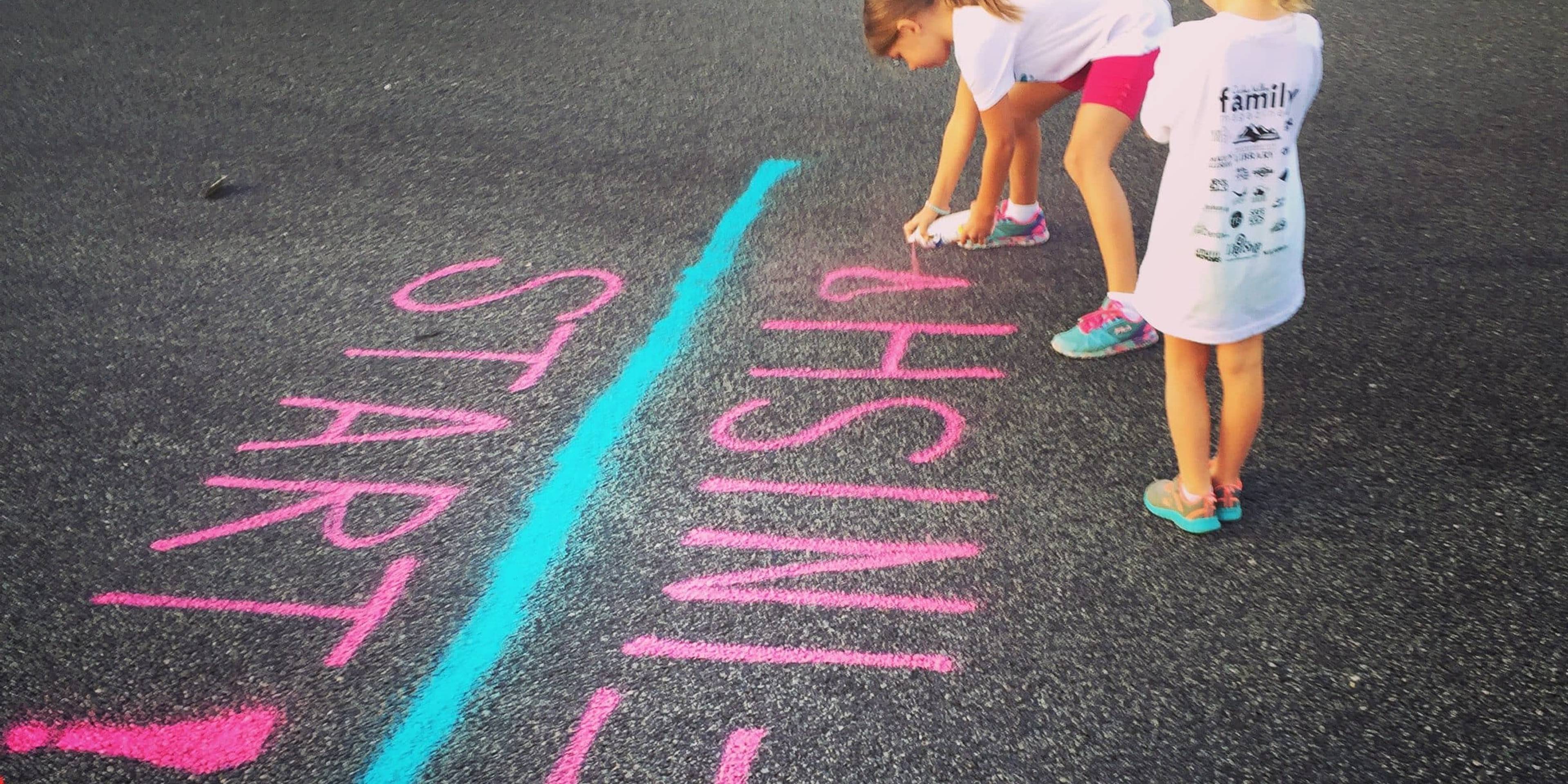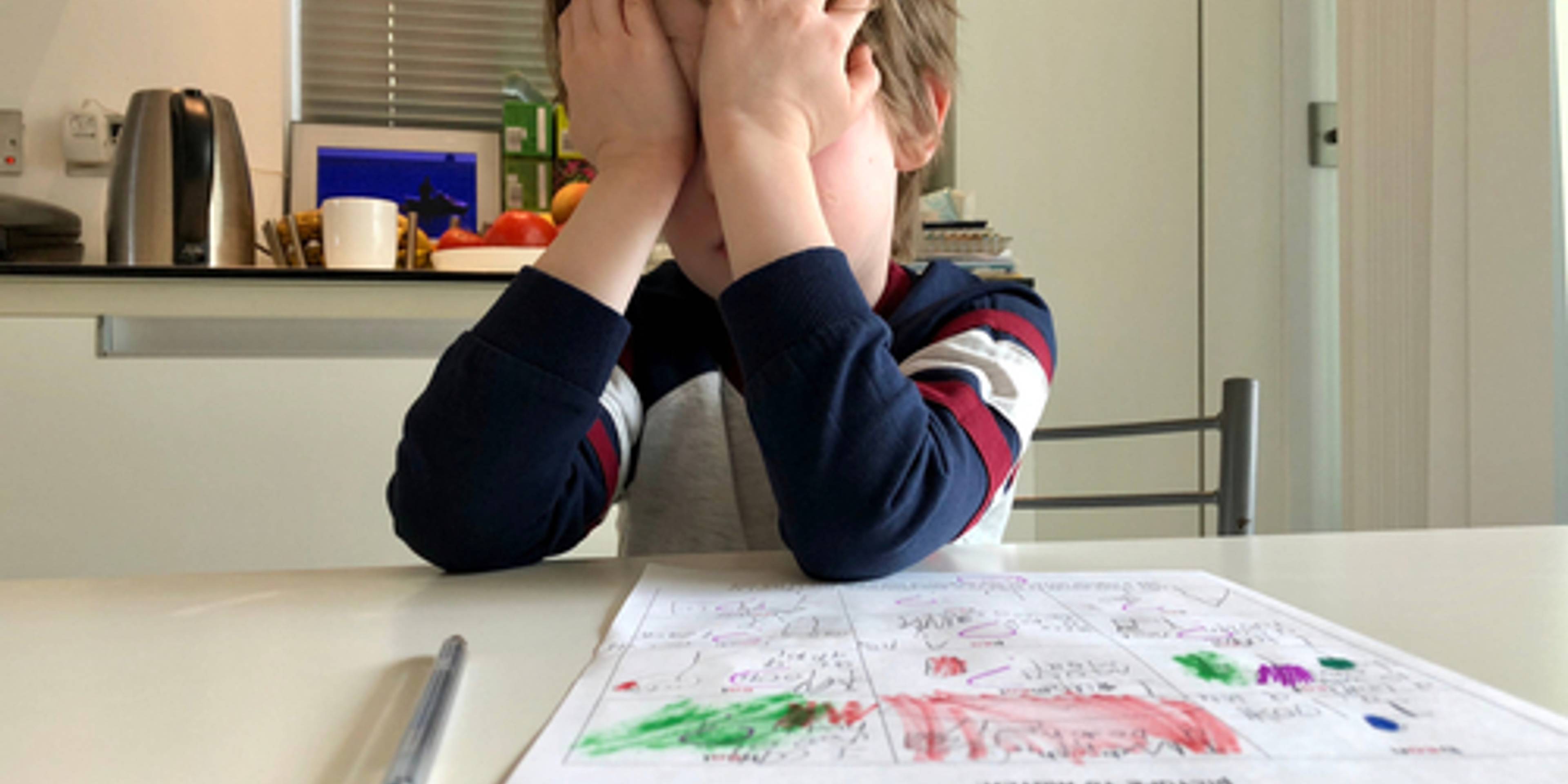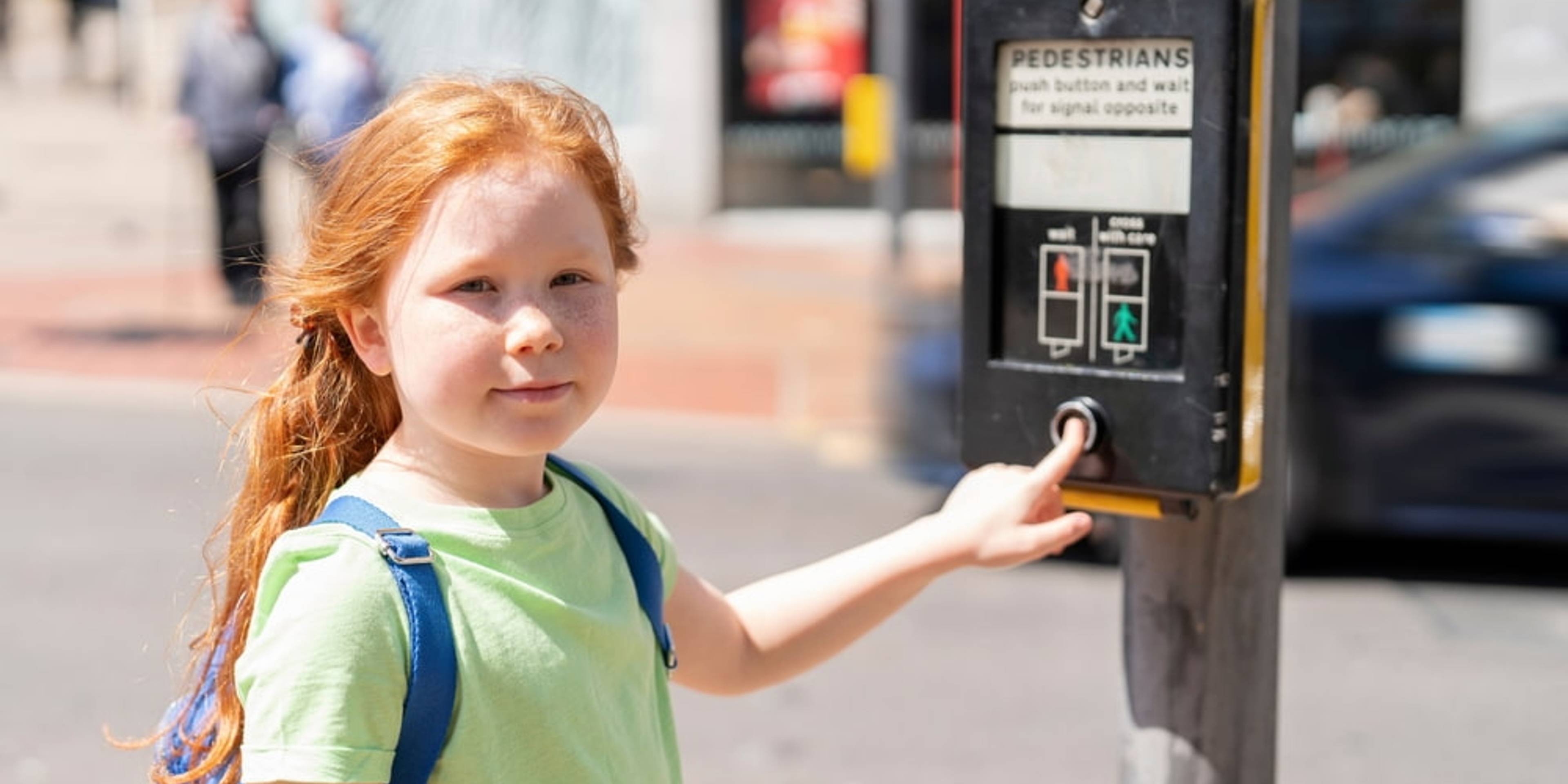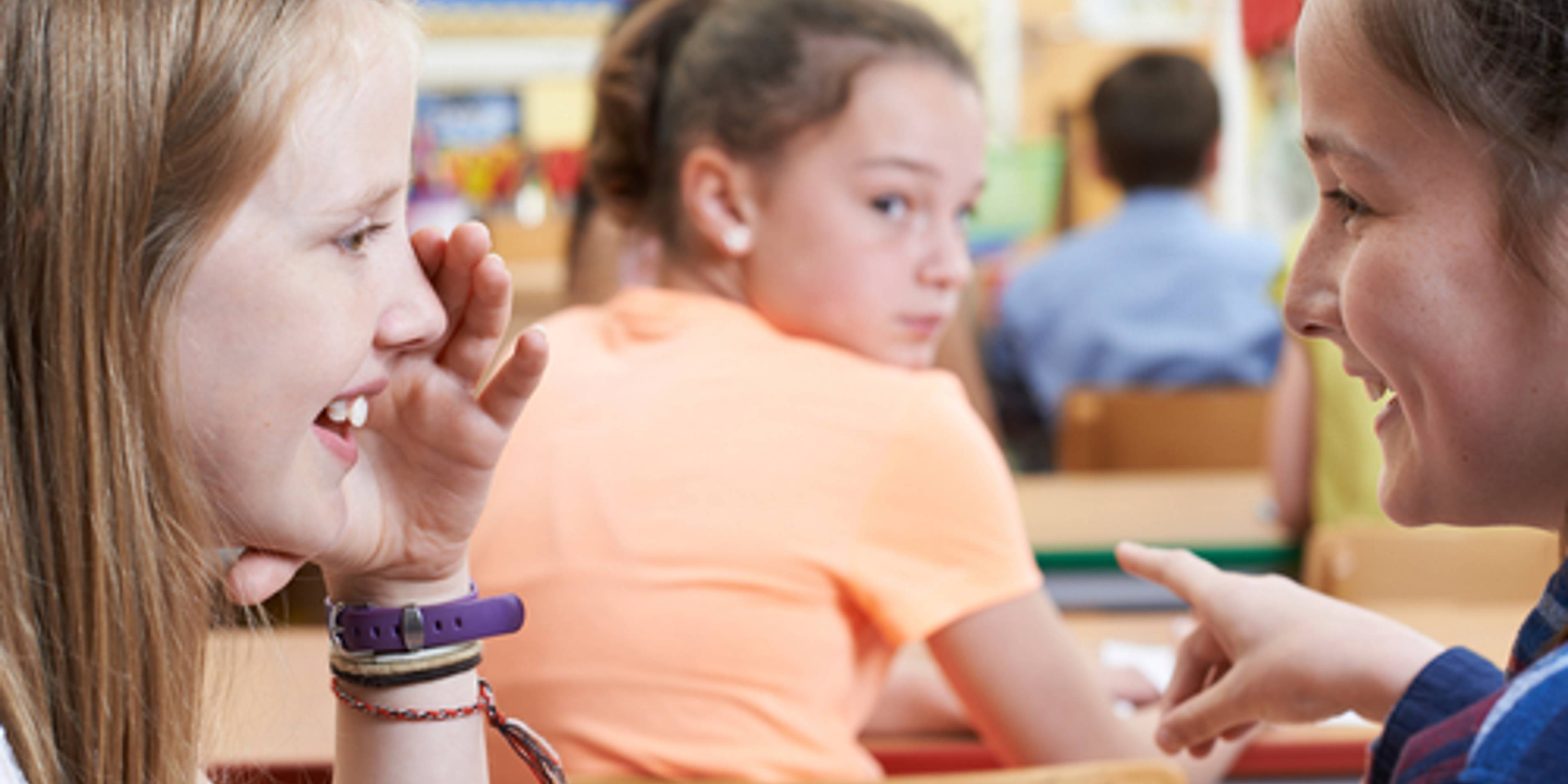
I wanted to ask a question which I think may be on the minds of many parents – why is sports day important? My daughter, who is seven years old, is in a highly competitive environment. There are children in her year who are being coached in running clubs or one to one. Do you compete or should you withdraw your child as the playing field isn’t fair? What should you do when your child doesn’t win a medal?
Sports day is something of a ‘Marmite’ event; parents love it or loathe it, in equal measure. For those who look forward to it, their children might be particularly athletic; bursting with sporting potential. Understandably, for these children, it’s an important day to add to their sporting CVs. For others, it can simply be a day out to have fun, support their friends or their ‘House’, and to try their best, when they do compete.
Sports day is something of a ‘Marmite’ event; parents love it or loathe it, in equal measure. For those who look forward to it, their children might be particularly athletic; bursting with sporting potential. Understandably, for these children, it’s an important day to add to their sporting CVs. For others, it can simply be a day out to have fun, support their friends or ‘House’, and try their best, when they do compete.
The meaning and significance of sports day is in the eye of the beholder. In large part, the attitude that children bring to the event is determined by parents. As hard as it is, I would encourage you to think about the positives that your family can extract from the day. List out which aspects might be enjoyable. Sitting in the sun? Preparing a lovely picnic? Chatting to other parents? How can you influence the extent to which your family makes the most of the day?
I think it is a mistake to remove a child from any school experience because you anticipate failure. It’s an important life lesson to realise that there will always be people who are smarter or sportier than us! However, with every life experience, there is something meaningful and educational behind it.
One of the most powerful messages that you can bring to sports day is the importance of ‘giving things a go’. When children recognise that parents celebrate their effort rather than their performance, it can be a game changer. If they know that we are truly proud of their ‘get stuck in’ attitude, it gives them the moral courage to compete.
Visible parental disappointment, of any kind, can feel utterly gut-wrenching for them. So, ahead of sports day, a good family chat about expectations, in terms of participation and attitude, can go a long way. We parents need to reflect on our own feelings about the day and perhaps talk them over with our partner or a friend. Often, our own early experiences of sporting activity, or of failure in front of peers, feeds our own anxiety and natural desire to protect our children from defeat.
The truth is, for our children to grow up emotionally and physically resilient, every little school event, whether it is sports day, getting up on the school stage or participating in an assembly, is an inoculation for the future. Each experience helps them to navigate a range of thoughts and emotions, and builds their emotional literacy. As counter-intuitive and uncomfortable as it may be, we do have to watch them learn (and sometimes fail) from the sidelines. What matters most is reframing each loss as a learning experience and opportunity to grow and do better next time.
In general terms, it is critically important that we nudge and encourage young girls to try out a variety of sports and physical activities. The research tells that as puberty approaches, girls’ participation in sport tends to decline and this can impact both on their health and body image.
Sport is not just confined to football, cricket, rugby, swimming or athletics. There are literally hundreds of activities which children and young people can try. I promise you that, one day, your daughter will find an activity that she enjoys and where she can truly shine. Our role as parents is to be as imaginative and innovative as we possibly can, valuing challenge, cultivating a ‘courage culture’ at home and showing our children that we believe in them and in their physical potential.
In the meantime, try to model admiration and pride in other children’s sporting ability. Yes, your daughter is in a highly aspirational environment, but by teaching her to applaud the efforts of others and to celebrate their successes, rather than resent it, we invest in the most beautiful of all qualities: altruism.
More Parenting Questions

Sep 18, 2025
I have a Year 5 daughter with severe food allergies. She had an incident last summer term where she ingested one of her allergens at school (incorrectly labelled ingredients) and she now has a lot of anxiety around food, and is worried that every tickle in her throat is the beginning of an allergic reaction. What can I do to help her?
Allergies are a constant source of anxiety for both young people suffering with them and parents/carers trying to empower their young person to manage positively. The role of the parents is complex, as there are two main responsibilities. Firstly, supporting their young person to risk assess appropriately in different environments and secondly, the harder task to help them manage the risks without overwhelming them with fear. It is a difficult, ever changing balancing act as the young person develops more independence over eating and managing their own diet.

Sep 15, 2025
Help! My 5-Year-Old son struggles with low self-esteem. What can I do? He has lost his grandparent recently, could that have something to do with it?
It can feel worrying to see a young child struggle with confidence so early in life. Thank you for raising this important question. The good news is that there are many simple, everyday ways you can help to build your son’s sense of self-worth.

Jun 23, 2025
There was an attempted abduction locally. How can I support my child?
It might not feel like it right now, but it’s worth knowing that stranger abductions of children are extremely rare. In the UK, there are around 500–600 reports of child abduction each year, but the vast majority are attempted rather than successful, and many are later reclassified as misunderstandings, rather than genuine abductions.

Jun 17, 2025
My daughter (aged 10) has broken up with a friend. How can I help her?
It is the hardest experience as a parent, watching our children muddle their way through friendships, knock backs, being included then excluded, invited to parties and then kept at bay. We have all been there and it can feel emotionally painful and sad.

Mar 20, 2025
Help! My five year old is wetting the bed at night. What can I do?
You're not alone! Nocturnal enuresis, or bedwetting, is common in young children. We've asked paediatrician, Dr Christine Riyad, for advice.

Mar 17, 2025
My 10 year old is experiencing big emotions. Do you have any advice?
We've asked Dr Sophie Nesbitt, Consultant Child Psychologist, for her top tips.

Feb 12, 2025
Is it ok for my four year old to still use a dummy?
It's completely natural to feel concerned when your child continues using a pacifier or sucking their thumb beyond the toddler years. We've asked paediatrician, Dr Christine Riyad, for advice.

Dec 31, 2024
My son wants to buy his girlfriend an 18th birthday present. Help!
Give yourself a pat on the back as your teen is asking YOU for advice. It is a sign that there is good communication between you, and that he sees you as a source of knowledge! I think his question is a wonderful one. Why? Because it shows he values the relationship, recognises the importance of a milestone birthday and knows that gift-buying is not a simple activity.

Dec 18, 2024
What do we need to consider when thinking about hiring a tutor?
Private tutoring can be a great way to support your child's education, but finding the right person can also feel overwhelming. The tutoring industry is largely unregulated in the UK and so it can be challenging to know where to start or what to look for.

Oct 22, 2024
My 11 year old daughter is always hungry. Should I be concerned?
This is a common concern for many parents. Engaged and attentive parents are generally mindful of their child’s relationship with food. This is not surprising given the shameful narrative surrounding the idea of being overweight or obese, and the association that is often made that this is linked to neglectful parenting.